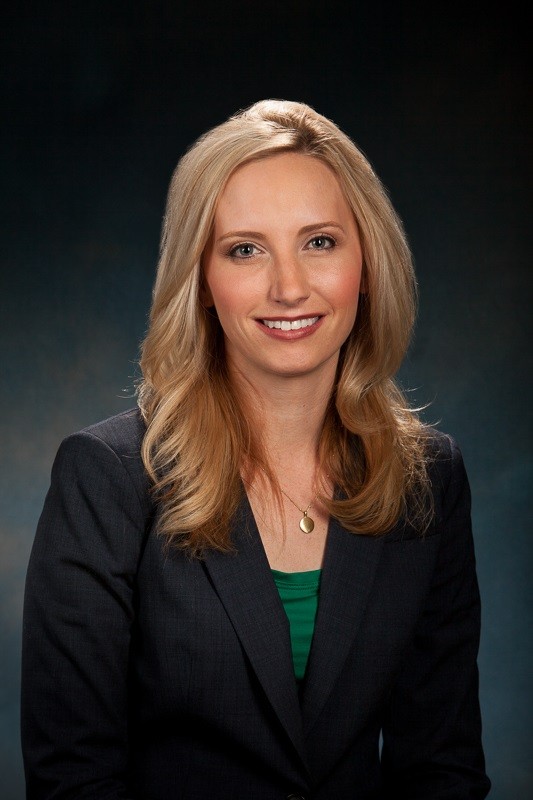The Arizona Board of Regents hired Brittney S. Kaufmann as Associate Vice President of Government Affairs and Community Relations, on Monday, Jan. 29.
Kaufmann says she’s been involved with legislative affairs since she was in college. As an Arizona State University alum, she feels that being a graduate from an Arizona public university gives her a “huge advantage” in the role.
“I’m very passionate and having firsthand experience and I have a love and an affinity for our universities,” Kaufmann said. “So, it makes it that much easier when I’m down at the legislature or dealing with elected officials in trying to promote the universities’ issues that I’m a true believer in our university system.”
Kaufmann will have many responsibilities when it comes to advocating for students at the legislature. Part of it will be serving as a liaison between the regents and the state legislature.
RELATED: UA Foundation paying for lobbyists
“A lot of what Brittney’s responsibility is being the day-to-day person at the capitol, answering questions and advancing our agenda,” said Eileen Klein, president of the board.
Another part will be working with each public university’s legislative team to advocate for them.
“All three universities and ABOR work together to advocate for university students,” said John Dudas, senior vice president and secretary of UA. “As part of that process, she will consult with our team and the teams at the other two state universities.”
The regents are the governing body of all three public universities in Arizona. According to Dudas, they also set the legislative agenda on issues that will impact students.
When considering a legislative agenda, they work alongside each university’s legislative affairs team to come up with a cohesive legislative agenda.
“Together, the three universities and ABOR consider the legislative needs of each of the universities and their students and then work together to pursue those needs,” Dudas said.
However, according to Klein, simply being ‘pro-university’ is not enough to sell to the state legislature. For her, it is also about redefining the relationship between the legislature and the universities.
“After the recession, a lot of cuts were made,” Klein said. “And with tuition increases, its left a lot of legislatures wondering what’s going on, is our work sustainable, do we still have viable public universities.”
The regents will publicly support or oppose legislation being considered at the state legislature. Over the years, Klein has seen some legislative proposals reappear, so she already has an idea of what position the regents will take.
“The issue of weapons on campus, that’s come up in some form or fashion over the past three years, at least.” Klein said. “For the past two years, we’ve had some version of a campus free-speech bill.”
UA students can stay involved with the university’s interaction at the state legislature in several ways.
“Students can also get involved in student politics through ASUA and GPSC,” Dudas said. “Or join AdvoCats and be a part of a group of UA alumni and students who advocate at the Capitol during the Legislative session.”
RELATED: AG Brnovich sues Regents
Students can also apply to become regents themselves.
“The role rotates to each of the three universities every third year and allows a student to function as a Regent for two years, through on-boarding and the time they serve,” Dudas said.
Ultimately Klein believes students should stay aware because they are the ‘majority shareholders’ in the university system.
“Students more than ever, because they are bearing so much of the cost, I feel like have a very strong responsibility then to understand what are decisions that are being made, what are the outcomes, how do we make sure that a degree holds value overtime,” Klein said.
“Those are very big picture issues, very legitimate issues for students to be concerned about and I think students have a responsibility to pay attention to and participate in.”
Follow Jordan Williams on Twitter









